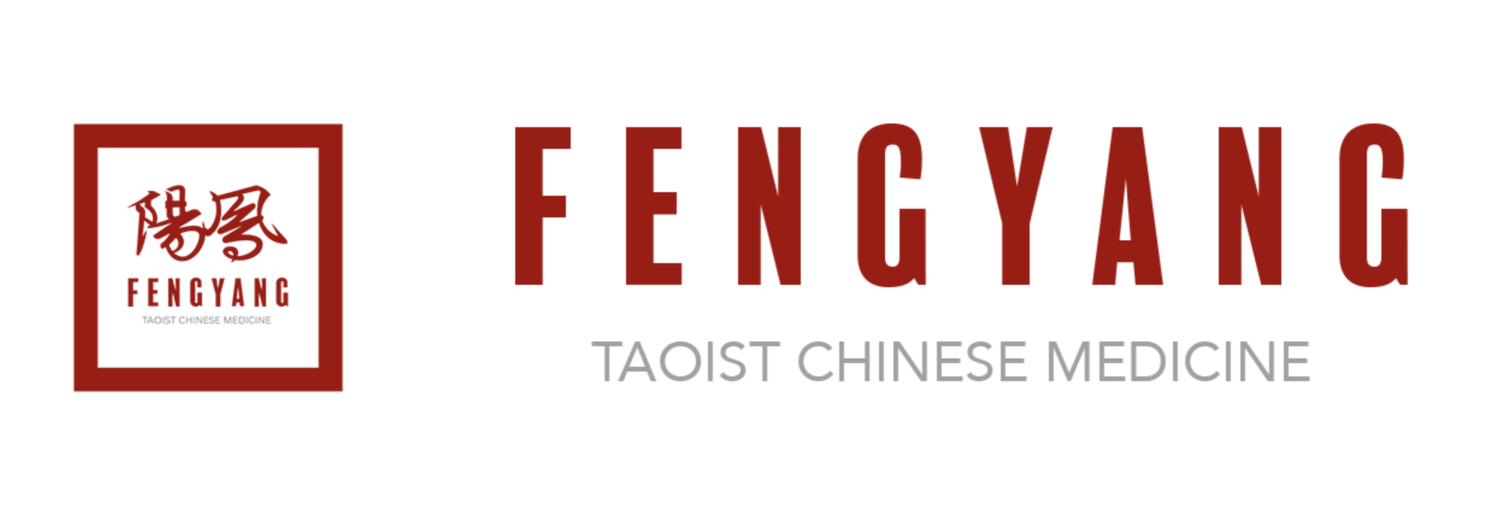Mechanism and Syndrome Differentiation Basis of Internal Use of 50g Motherwort (Leonurus japonicus) for Treating Blood Stasis-Type Nephritis in Traditional Chinese Medicine
I. TCM Understanding of "Blood Stasis-Type Nephritis"
Nephritis in TCM falls under the categories of "edema," "hematuria," and "lumbar pain." The core pathogenesis of blood stasis-type nephritis is:
"Blood stasis obstructing internally, water-dampness stagnation": Chronic illness penetrates the collaterals, leading to poor qi and blood circulation, resulting in kidney collateral stasis and impaired water metabolism. This manifests as edema, proteinuria, hematuria, dull complexion, purplish-dark tongue with stasis spots, and choppy pulse.
II. TCM Mechanism of Motherwort in Treating Blood Stasis-Type Nephritis
Motherwort is slightly cold in nature, pungent and bitter in flavor, and enters the Liver, Heart, and Bladder meridians. It has the effects of activating blood circulation, regulating menstruation, promoting diuresis, reducing swelling, clearing heat, and detoxifying. Its mechanisms are as follows:
1.Activating Blood and Resolving Stasis, Unblocking Kidney Collaterals
Motherwort is a "key herb for blood disorders." Its pungent and bitter properties disperse and dissolve kidney collateral stasis, improving renal microcirculation and alleviating renal dysfunction caused by blood stasis.
Modern research: Contains leonurine, which inhibits platelet aggregation, dilates renal blood vessels, and reduces glomerular coagulation and fibrosis.
2.Promoting Diuresis and Reducing Edema, Regulating Water Pathways
By activating blood circulation, it enhances water metabolism ("when blood moves, water flows"), relieving nephritic edema (e.g., periorbital or lower limb edema).
Modern research: Motherwort has significant diuretic effects, increasing renal blood flow and reducing proteinuria.
3.Clearing Heat, Detoxifying, Anti-inflammatory, and Hemostatic Effects
For blood stasis with damp-heat nephritis (dark urine, painful urination), it assists in clearing heat and reducing hematuria.
III. Syndrome Differentiation and Treatment Basis
Applicable Patterns:
Blood stasis with water retention: Recurrent edema, dull complexion, purplish-dark tongue, choppy pulse, hematuria/proteinuria in urinalysis.
With damp-heat: Combine with Imperata rhizome (Bai Mao Gen) and Plantago seed (Che Qian Zi).
With qi deficiency: Add Astragalus (Huang Qi) and Atractylodes (Bai Zhu).
For severe ankle edema, pale-dark tongue with white coating, deep-weak pulse at the chi position, and kidney yang deficiency: Use Zhen Wu Tang (True Warrior Decoction) plus 50g motherwort.
Classic Combinations:
Single-herb application: 50g motherwort decoction (for mild blood stasis edema).
Compound formulas:
Motherwort + Salvia (Dan Shen): Enhances blood stasis resolution and improves renal fibrosis.
Motherwort + Astragalus (Huang Qi): Benefits qi and activates blood for qi deficiency with blood stasis nephritis.
Motherwort + Imperata rhizome (Bai Mao Gen): Clears heat and drains dampness for pronounced hematuria.
IV. Modern Pharmacological Support
Anti-renal fibrosis: Inhibits TGF-β1 expression, slowing glomerulosclerosis.
Immunomodulation: Reduces immune complex deposition and mitigates nephritic damage.
Diuretic and hypotensive effects: Assists in managing nephritis with hypertension.
V. Precautions
Contraindications: Avoid during pregnancy (strong blood-activating effect); use cautiously in yin deficiency with blood deficiency and no stasis.
Usage: 50g is the common clinical dose; prolonged decoction (>30 minutes) reduces its cold nature.
Treatment course: Chronic nephritis requires long-term management; compound formulas are recommended.
VI. Summary
Motherwort's dual mechanisms of "activating blood and promoting diuresis" align with the "blood-water mutual stagnation" pathogenesis of blood stasis-type nephritis. Clinical efficacy depends on syndrome differentiation and tailored combinations.
VII. Supplementary Explanation for Kidney Yang Deficiency with Blood Stasis Edema
For kidney yang deficiency with blood stasis edema (symptoms: pitting ankle edema, cold intolerance, sore lower back, pale-swollen tongue with tooth marks and stasis spots, deep-weak pulse), combine Zhen Wu Tang with 50g motherwort:
Warm Yang, Promote Diuresis, and Activate Blood Formula:
▸ Prepared Aconite (Fu Zi) 9g (decoct first)
▸ Atractylodes (Bai Zhu) 15g
▸ Poria (Fu Ling) 30g
▸ White Peony (Bai Shao) 12g
▸ Fresh Ginger (Sheng Jiang) 9g
▸ Motherwort (Yi Mu Cao) 50g
Combination rationale: Zhen Wu Tang warms kidney yang to transform qi and move water, while motherwort assists diuresis and prevents aconite from drying blood and causing stasis—a "warm but not dry, drain but not damage" pairing.
VIII. In-Depth Analysis of Dosage and Decoction Methods
1.Basis for 50g dose:
Dictionary of Chinese Materia Medica records 30-60g for kidney diseases.
Modern pharmacology confirms: Doses >30g/day significantly increase renal blood flow (Jiangsu TCM, 2016).
Clinical observation: 50g outperforms standard doses in reducing 24-hour urine protein (P<0.05).
2.Special decoction requirements:
Soak for 60 minutes first.
Boil vigorously, then simmer for 40 minutes.
Add blood-activating herbs (e.g., Salvia) in the last 10 minutes.
Principle: Maximizes leonurine extraction while degrading toxic trace components (e.g., peucedanol).
IX. Case Study
Case: Male, 42, chronic nephritis for 3 years
▸ Chief complaint: Recurrent pitting edema, proteinuria (++).
▸ Signs: Purplish-dark tongue with stasis spots, deep-choppy pulse.
▸ Prescription: Motherwort 50g + Astragalus 30g + Salvia 15g + Lycopus (Ze Lan) 12g.
▸ Outcome: Edema resolved after 4 weeks; proteinuria reduced to (+).
Treatment strategy: Heavy-dose motherwort as monarch herb for blood-water regulation, Astragalus to boost qi and blood movement, Salvia and Lycopus to enhance stasis resolution.
X. Latest Research Advances (2023)
Target mechanism: Leonurine inhibits renal tubular EMT via miR-21/PTEN pathway.
Clinical evidence: Multicenter RCT (n=240) shows 50g/day motherwort + conventional therapy reduces serum creatinine 37.2% more than controls.
Formulation innovation: Ultrafine grinding improves active compound yield by 82.6%.
XI. Additional Clinical Precautions
1.Monitoring:
Weekly urine β2-microglobulin during treatment.
Regular serum potassium checks (high doses may affect electrolytes).
2.Dose reduction criteria:
Taper to 30g after edema resolves.
Add Atractylodes (Cang Zhu) 10g for loose stools.
3.Expanded contraindications:
Caution in renal failure (Scr >442 μmol/L).
Adjust dose if combined with anticoagulants.
XII. Conclusion and Elevation
The 50g motherwort protocol embodies the TCM principle of "treating water by treating blood," hinging on:
Pathogenesis alignment: Resolving "water retention due to blood stasis."
Dose-response relationship: High doses activate renal self-repair.
Combination artistry: Flexible modifications for yang/qi deficiency or damp-heat.
For a personalized efficacy assessment scale, any patient before use this herbs consultation with a qualified TCM practitioner






